- Author Jason Gerald [email protected].
- Public 2023-12-16 10:50.
- Last modified 2025-01-23 12:04.
Computers use sound cards to connect to sound devices such as audio mixers, recorders, and loudspeakers. You can connect all these devices to your computer wirelessly. Some devices even have a “Bluetooth” option so they can quickly connect to a computer.
Step
Method 1 of 3: Connecting Devices Via Bluetooth
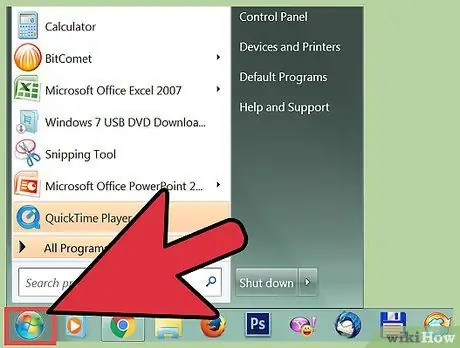
Step 1. Enter the “Start” menu
Click the "Start" menu in the lower left corner of the desktop. After that, select the settings option (“Settings”) on the right side of the menu.
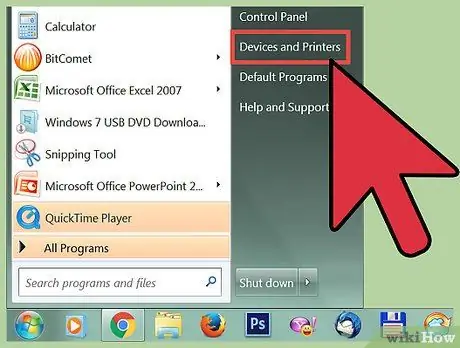
Step 2. Click on “Devices”
This option is the second option on the menu. You can see the words “Bluetooth, printers, mouse” below it.
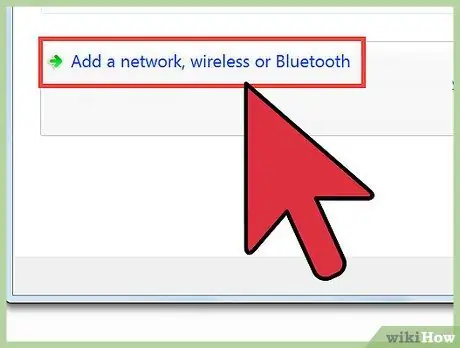
Step 3. Select “Bluetooth”
On the left side of the menu, your third option is “Bluetooth”. Click that option, then turn on your computer's Bluetooth radio by clicking the button next to “Off”. If the Bluetooth radio is already on, skip this step.
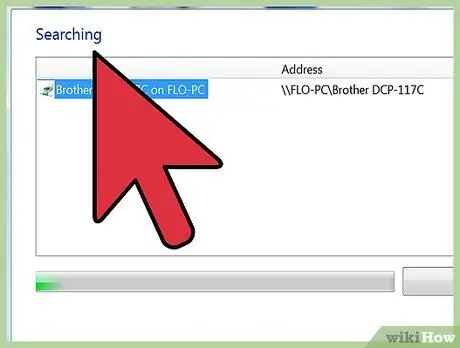
Step 4. Wait for the device to be found
If the device is turned on and within range of the Bluetooth radio, its name is displayed on the screen. Just click the device name to enable Bluetooth.
If the computer is having trouble finding the device, try turning off the device and the computer's Bluetooth radio, then turning them on again
Method 2 of 3: Adding Sound Devices Without Bluetooth Connection
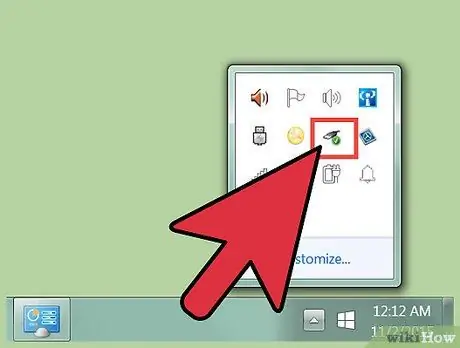
Step 1. Turn on the device
After that, the device name will be displayed in the computer's device menu. If you need to connect it to a computer, connect the device to the computer before trying to add it. Usually there is a USB port that you can plug directly into your computer, or an audio cable that you can plug into the headphone jack or port.
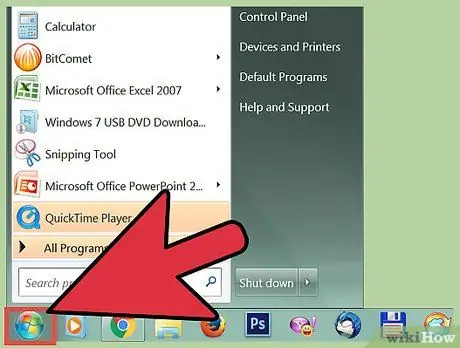
Step 2. Open the “Start” menu
Click the “Start” menu in the lower-left corner of the desktop background. This menu is used to open any application on the computer.
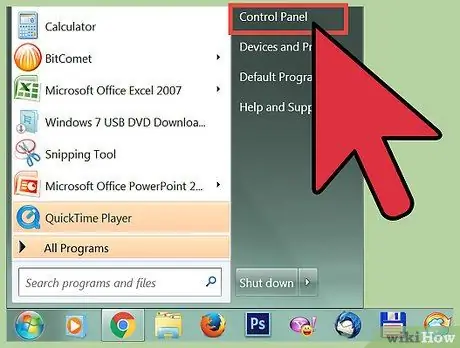
Step 3. Locate Control Panel
On the “Start” menu, you have an option named “Control Panel”. Click the option. In Windows 8, the options are on the right side of the menu, at the top. In Windows 10, the Control Panel is indicated by a blue square icon on the desktop.
If you removed the Control Panel icon from the desktop, click the settings option or “Settings” from the “Start” menu. Once in the settings menu, click on “Devices”. This option is the second option on the menu. Select “Connected devices” on the left side of the screen. Finally, scroll down and click on “Devices and printers”. If you see a sound device after, skip the next step
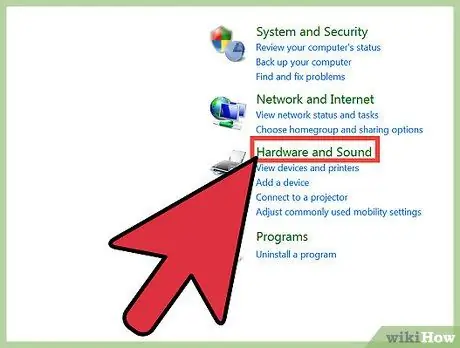
Step 4. Click on “Hardware and Sound”
In the menu that opens, there is an option named “Hardware and Sound”. Next to it, you can see the printer and speaker icons.
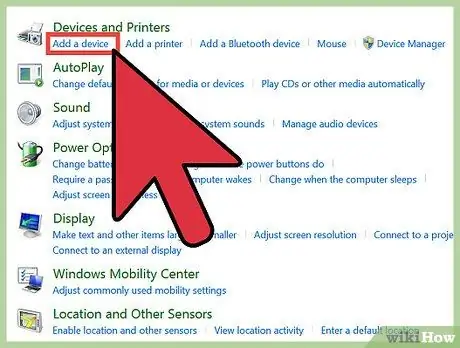
Step 5. Click “Add a device”
It's a blue link in the top-left corner of the menu. Once clicked, a new window will open. This window displays all the devices the computer found when the device scan was performed.
If you don't find the device you want, turn it off and on again. After that, repeat the scan. In other words, make your device “discoverable”
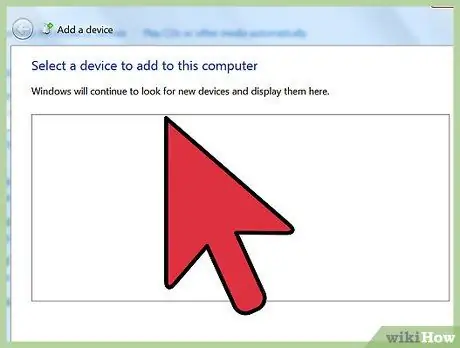
Step 6. Enter the WPS PIN
A new window will open and ask you to enter the PIN. You cannot proceed to the next step without entering the PIN code. This code is the information you get when you buy your device. Usually, this code is a combination of letters and numbers, and the size of the letters in the code matters. Some audio devices do not need this code. Once the code is entered, the device will be connected to the computer.
Method 3 of 3: Adding Devices to Mac Computer
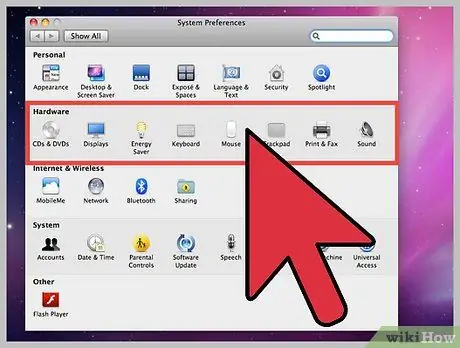
Step 1. Open the AudioMIDI settings app
To open it, access the “Go” menu. This menu is the fifth option on the right side of the main bar, at the top of the screen. Once the menu opens, select to “Utilities”. This option is the tenth choice on the menu. After that, two lists will be displayed in a new menu. AudioMIDI can be found in the left menu, about the bottom half of the menu.
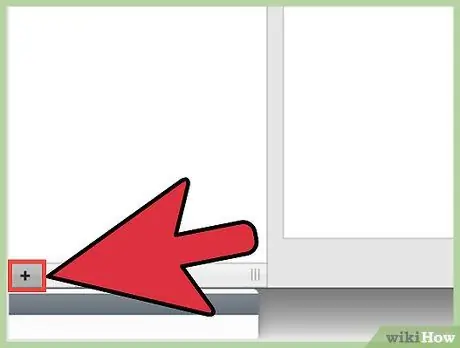
Step 2. Click (“+”)
This button is the “Add” button. You can find it in the lower-left corner of the “Audio Devices” screen. A drop-down menu will be displayed. There are two options available. Select "Create Aggregate Device". This option is your first choice.
An aggregate device is a virtual audio interface that works with the system. This device helps you connect the input and output of one or more audio equipment connected to your computer
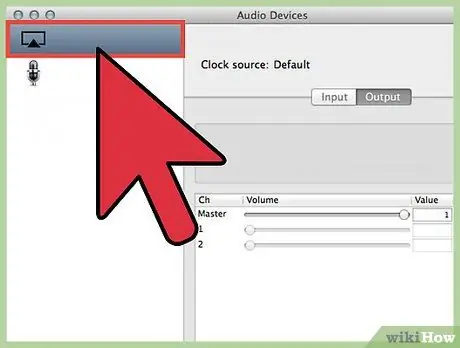
Step 3. Click devices
Once the option is selected, the new aggregated device will be displayed on the left side of the screen. If you want to rename it, just double-click the device until you can edit it.
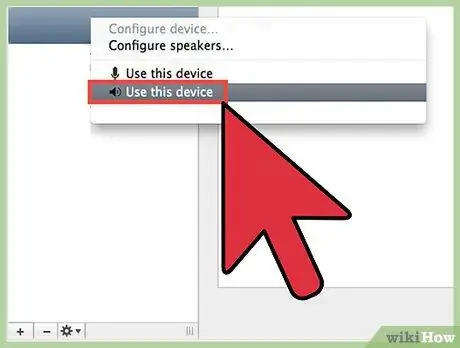
Step 4. Enable “Use”
Once the new device is selected and appropriately named, select the device. When the device is selected, enable the checkbox labeled “Use”. This box is on the left side of the window.
Check multiple boxes if you want to enable multiple aggregated devices. The device activation sequence represents the input and output sequence in the application menu
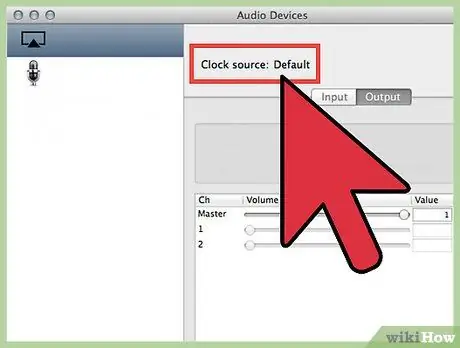
Step 5. Connect the clock
Aggregate tools have built-in clocks and programs that are time-bound because they document the activities or things you do with the device. Combine devices to work on the same clock by selecting one of the devices as the master clock. At the top of the screen, you can see the “Clock Source” option which has a menu. Click the option that you want to make the primary clock.
If you know that one watch is more reliable than the other, choose that watch

Step 6. Use the device
After completing these steps, return to Audio MIDI and right-click (or press “CTRL” and click) the device you want to use. A menu will be displayed and you can use the device for sound input or output.






